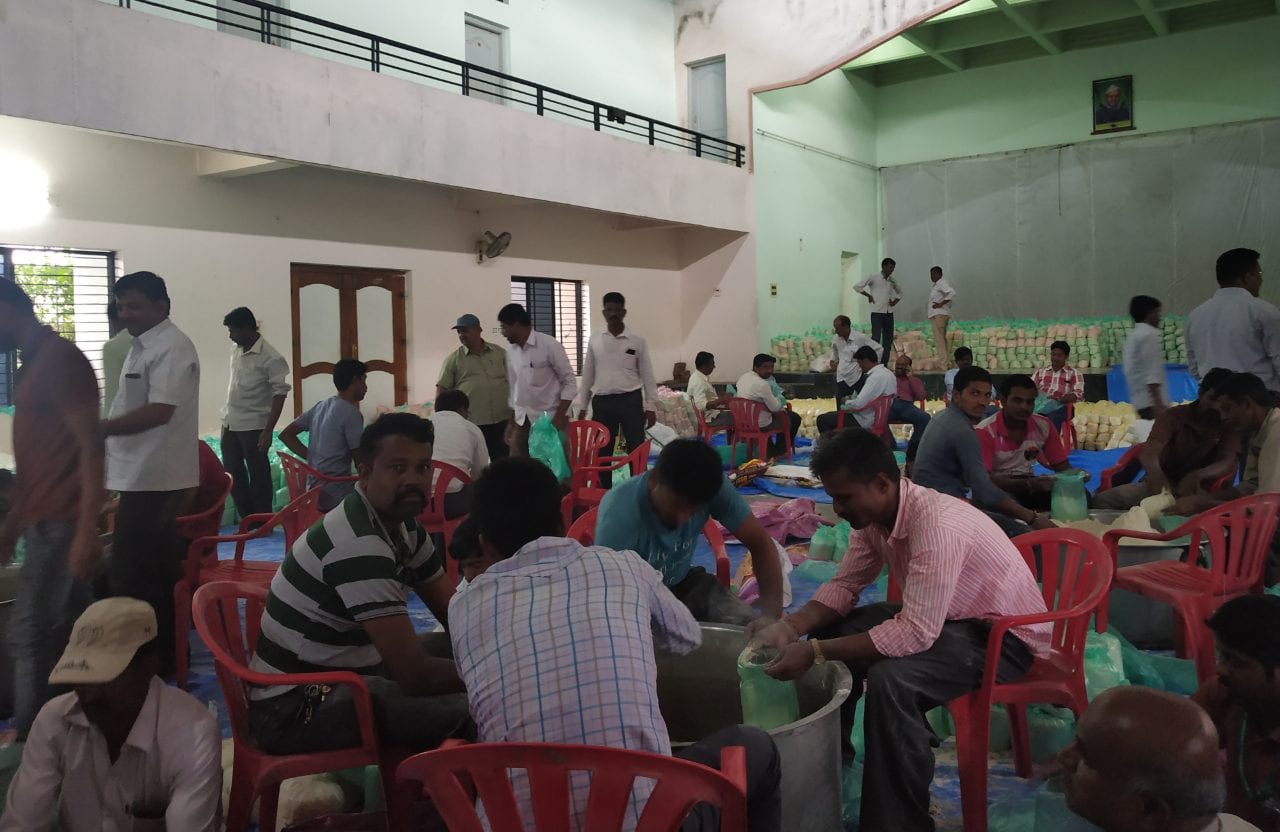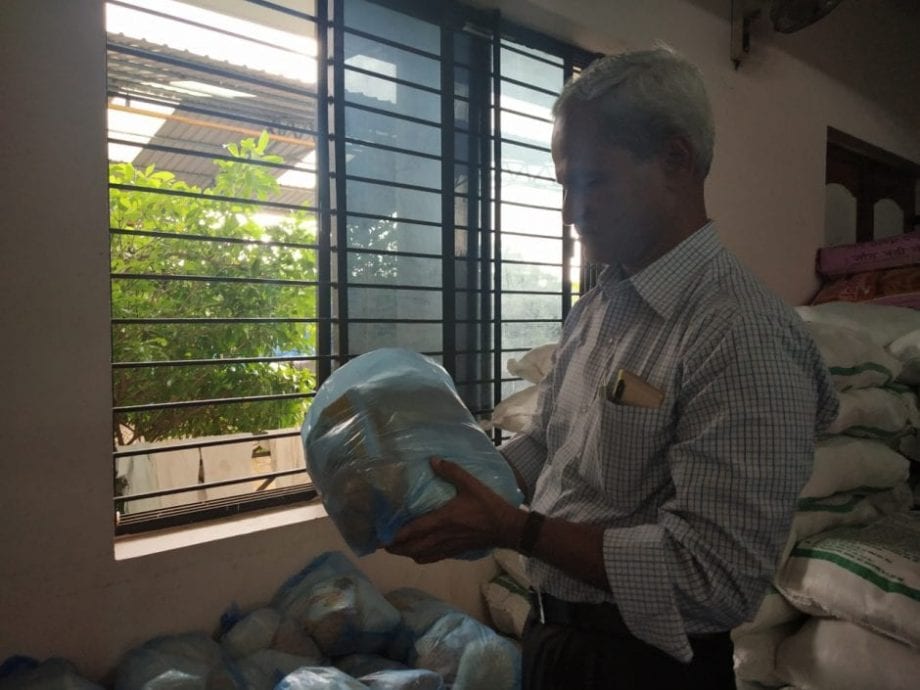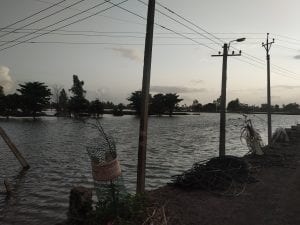
This relief camp is home away from home for 250 flood-hit in Belagavi
A relief camp set up in a government school in Examba village in north Karnataka’s Belagavi district, near Krishna river and bordering Maharashtra, has come as surprise, as many residing here don’t want to return home. "People are very warm, we are being treated like family," say residents of the camp.

Safety is the buzzword this flood season. As heavy rains wreak havoc across the country, the need for relief camps has risen as more and more people are being shifted from their homes. In Karnataka’s Belagavi alone, there are 445 relief camps housing 1,61,686 people.
Amid the rush and cramped spaces, a camp set up in a government school in Examba village in the district, comes as a relief for those looking for comfort and solace. A home away from home is what residents think this is.
Situated near the Krishna river and bordering Maharashtra, the camp has facilities that make many unwilling to go back to their houses.
“They have given us everything. Let me be very honest, I do not have such luxury even in my house,” says 79-year-old Susheela Bhimrao from Manjhri village. It’s been a week since Susheela moved to this camp along with 15 of her family members. “People here are very warm, we are being treated like a family,” she adds, folding her hands in a thankful gesture.
Also read: Kodagu grapples with rain, landslide and extreme weather
With 2.64 lakh cusecs of water released from dams, villages on the banks of Krishna river — Kallol, Manjhri, Examba, Ankali, Yedur, Chandoor and other — have gone under water.
As many of the villagers have moved to various camps, the one in Examba village run by Dudh Ganga sugar factory, owned by Prabhakar Kore in Chikkodi village, stands apart.

RT Desai, managing director of Dudh Ganga sugar factory, which runs the relief camp at Examba in Karnataka’s Belagavi says they don’t ask for identity cards or tell people to leave soon. Photo – Anagha Deshpande“We don’t ask for identity cards nor are we asking them to move out anytime soon,” said RT Desai, managing director of Dudh Ganga sugar factory.
Besides the 250 people (earlier there were 400), there are 224 cattle and 60 goats in the camp. People living here are not just from the state but have also come from Maharashtra, where floods have affected lives of people.
“My family and I are having a comfortable stay here. We left our houses carrying nothing. We have lost everything and now, I don’t feel like going back home because there is nothing we can do once we go back,” says Savitri Maruthi, a farmer in Sangli, Maharashtra.
Also read: Swept by Karnataka floods, Belagavi weavers drown further in debt
All the animals in the relief camp are being given fodder at regular intervals. “All 300 animals here including stray dogs are being vaccinated. The government has also provided a veterinary doctor, who is here for eight hours daily,” says RT Desai.
As on Saturday (August 17), around 670-700 animals have died and approximately 60,200 have been rescued in north Karnataka. “The volunteers are not just taking care of us, they are also taking care of our cattle. I cannot be more thankful,” says Sulabai from Kallol village.

Food, fodder, clothes, blankets, drinking water and other basic requirements are being arranged, medicines are being provided and the camp also has two full-time doctors. “Our factory is providing reverse osmosis water as this is the time when water-borne diseases spread,” says Lakshman Channappa, another staff member from Dudh Ganga sugar factory.
People residing in Examba relief camp are not being asked to work or help the volunteers. “The villagers have already gone through enough. We don’t want them to work in relief camp too,” says Lakshman.
The camp has distributed grocery kits to 10,000 families in villages near Krishna river banks. Each kit has two kilos of rice, two kilos of wheat flour, 500 gms of toor dal, tea powder and 500 ml cooking oil. “Distributing kits is just a small step to help them once they go back home from relief camps,” adds RT Desai.
Also read: In flood-hit Kodagu, landslide adds to coffee planters’ woes

